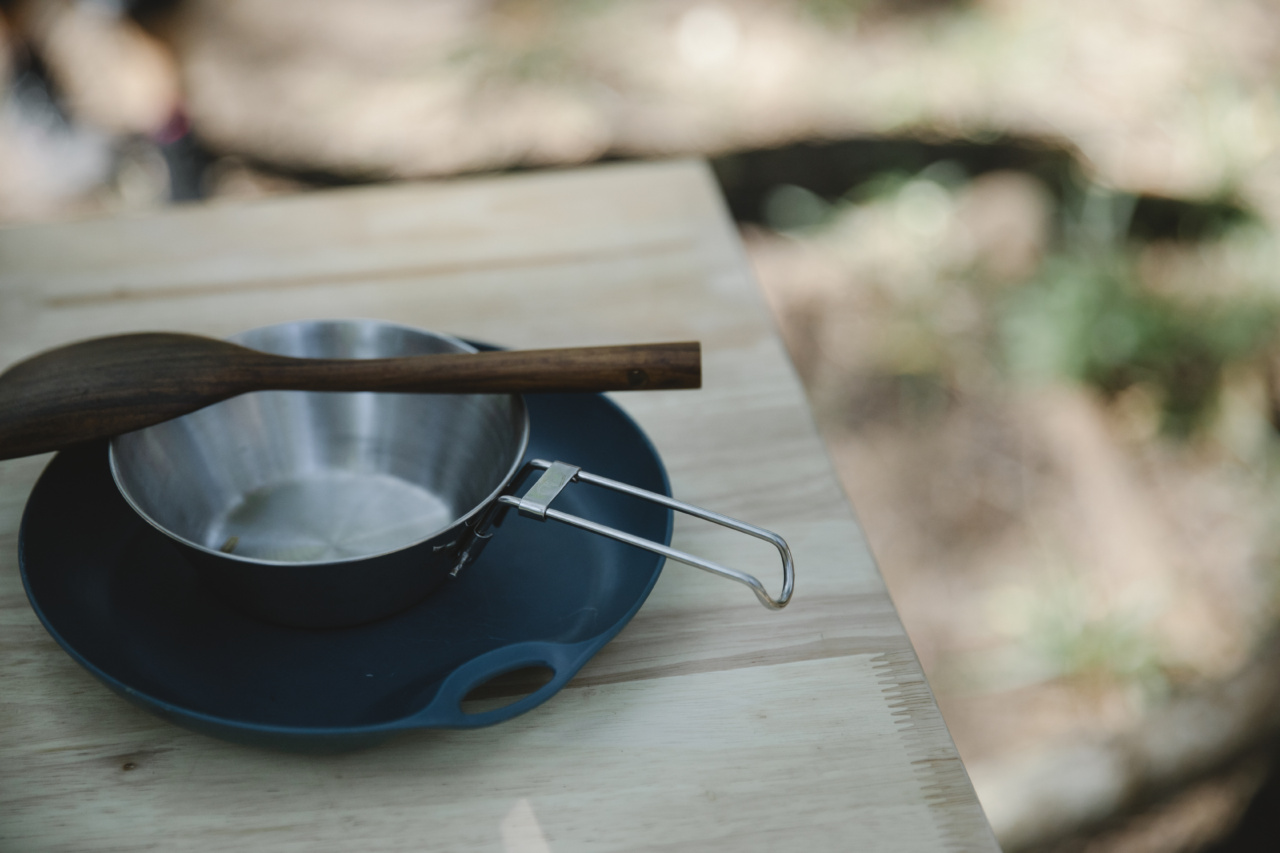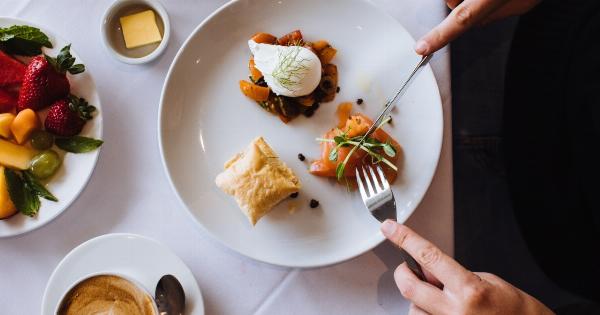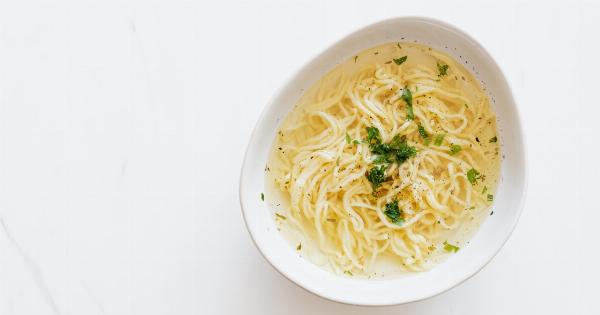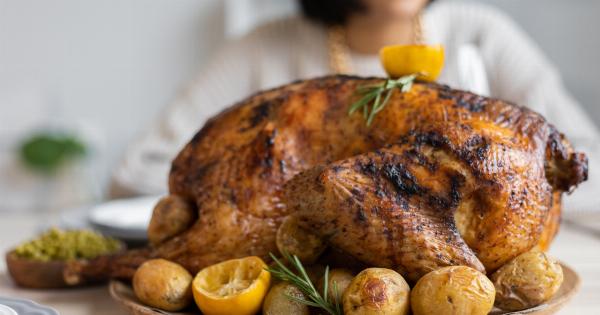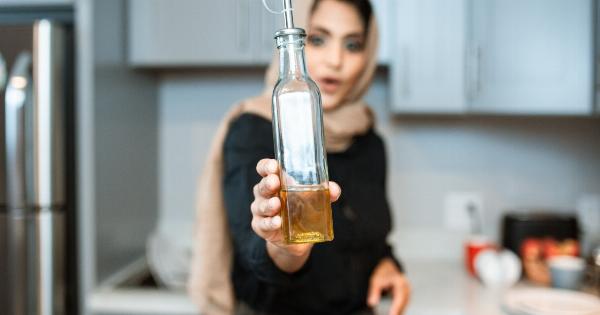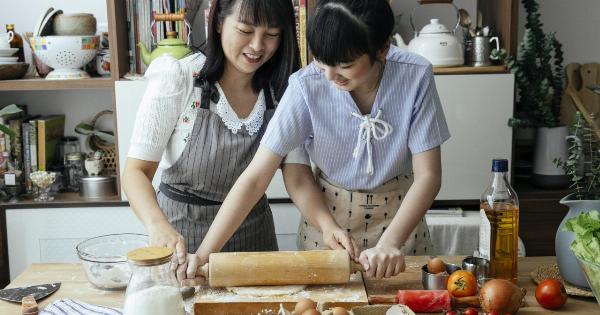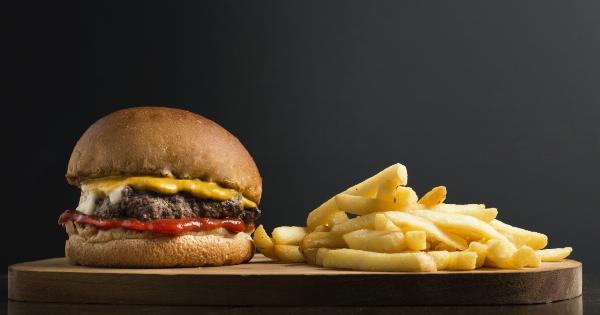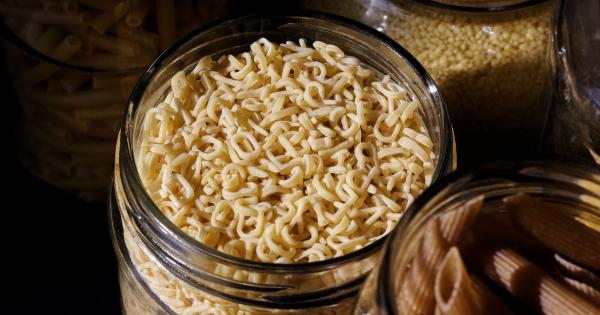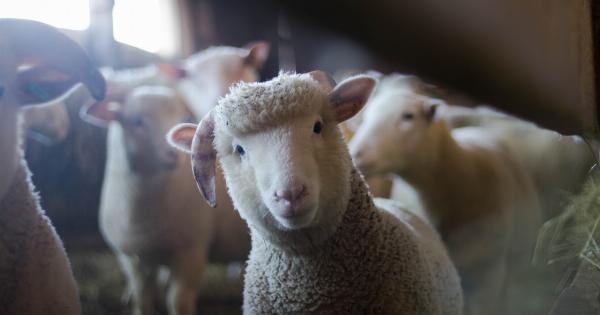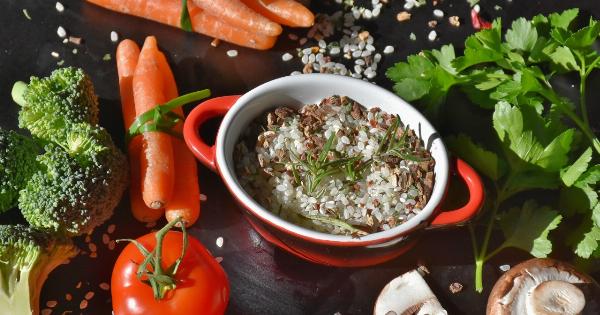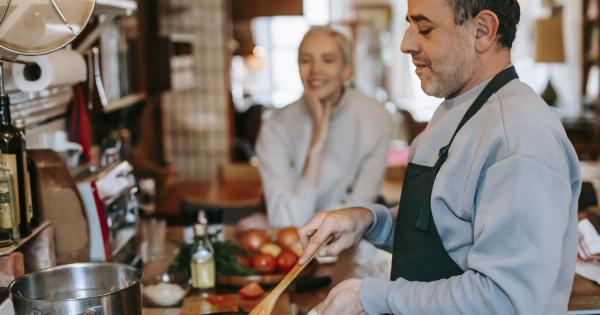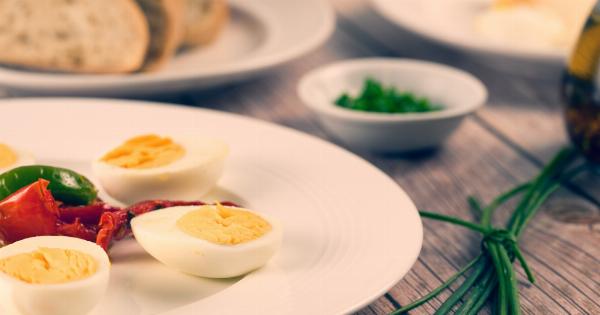For many people, the kitchen is a sanctuary where culinary creations come to life. However, for others, it can be a source of anxiety and stress. Cooking can feel overwhelming and daunting, leading to a dreaded feeling rather than an enjoyable experience.
If you relate to this, know that you are not alone. Kitchen anxiety affects many individuals, but the good news is that it is possible to manage and overcome it.
In this article, we will explore simple tips for managing kitchen anxiety by identifying common triggers and providing effective strategies to handle them.
1. Overwhelming Recipes and Techniques
The first trigger of kitchen anxiety is often overwhelming recipes and techniques. Complex recipes with unfamiliar ingredients and intricate cooking techniques can be intimidating, especially for beginners.
However, it’s important to remember that cooking is a learning process, and everyone starts from somewhere. Here’s how to handle this trigger:.
– Start with simple recipes: Begin your cooking journey with straightforward recipes that require minimal ingredients and basic techniques.
As you gain confidence and experience, gradually challenge yourself with more complex dishes. – Break it down: Instead of focusing on the recipe as a whole, break it down into smaller steps. This approach will make the process more manageable and less overwhelming. – Seek guidance: Utilize cookbooks, online tutorials, or cooking classes to expand your knowledge and enhance your cooking skills.
Sometimes, visual demonstrations can demystify complex techniques.
2. Time Pressure
Time pressure is another common trigger for kitchen anxiety. Trying to finish a meal within a specific timeframe can create stress and hinder the joy of cooking. Here are some tips to handle this trigger:.
– Plan and prep in advance: Before you start cooking, create a meal plan and prepare some ingredients ahead of time.
This will save you time and allow you to focus on actual cooking during meal prep. – Embrace simplicity: Opt for quick and easy recipes on busy days. There is no shame in going for simple yet delicious meals that require minimal preparation and cooking time. – Set realistic expectations: Understand that not every meal needs to be a gourmet masterpiece.
Give yourself permission to have some relaxed, fuss-free cooking sessions.
3. Fear of Failure
The fear of failure can paralyze even the most seasoned cooks. The worry of creating a disastrous dish or disappointing others can take away the joy of cooking. Overcoming this trigger requires a shift in mindset and a focus on self-compassion.
Here’s how to handle it:.
– Embrace mistakes as learning opportunities: Understand that making mistakes is a part of the learning process.
Instead of being hard on yourself, view failures as opportunities to grow and improve your cooking skills. – Experiment in a safe environment: Choose to experiment with new recipes or techniques when you are cooking for yourself or with people who understand and appreciate the learning process. This way, you can have fun without the pressure of perfection. – Celebrate small victories: Acknowledge and celebrate your accomplishments, no matter how small.
Every successful dish is a step forward, and each small victory boosts your confidence in the kitchen.
4. Lack of Proper Tools and Equipment
The lack of proper tools and equipment in the kitchen can be a significant trigger for anxiety. Feeling ill-equipped to handle a recipe can contribute to decreased confidence in the kitchen.
To handle this trigger effectively, consider the following tips:.
– Start with the basics: Begin by investing in essential kitchen tools and equipment. These include a good set of knives, measuring cups and spoons, cutting boards, and pots and pans.
Having these basic items can inspire confidence and make cooking more enjoyable. – Use what you have: While proper tools can enhance the cooking experience, know that you can create delicious meals with basic equipment as well. Focus on adapting recipes to fit the tools you currently have at your disposal. – Seek alternatives: If a recipe calls for a specific tool or equipment that you don’t have, explore alternative methods or substitution options.
There are often multiple ways to achieve the same result in the kitchen.
5. Lack of Confidence in One’s Cooking Skills
A lack of confidence in one’s cooking skills can be a significant trigger for anxiety in the kitchen. Doubt and uncertainty about one’s ability to create a tasty meal can overshadow the joy of cooking.
To overcome this trigger, try the following strategies:.
– Start with what you know: Begin by cooking dishes that you are familiar with and have successfully made in the past.
This will boost your confidence and remind you of your culinary capabilities. – Practice and repetition: The more you cook, the more confident you become. Dedicate time to practice cooking regularly, trying out new recipes and techniques to expand your comfort zone. – Invite positive feedback: Share your culinary creations with friends and loved ones who appreciate and provide positive feedback.
Their encouragement will boost your confidence and motivate you to continue experimenting and learning in the kitchen.
Remember, managing kitchen anxiety is a journey that requires patience and effort. By identifying your triggers and implementing these simple tips, you can gradually reduce stress and anxiety in the kitchen.
Embrace cooking as a creative outlet and an opportunity to nourish yourself and others. Happy cooking!.
